Kremlin condemns Biden’s remark that Putin cannot remain in power as cause of alarm
The Kremlin has blasted as “alarming” recent remarks by US President Joe Biden that his Russian counterpart Vladimir Putin “cannot remain in power,” amid Moscow’s ongoing military operation in neighboring Ukraine.
At the end of his speech from the Royal Castle in Warsaw, Poland, Biden on Saturday denounced Putin over Russia's military operation in Ukraine, saying, “For God's sake, this man (Putin) cannot remain in power.”
The provocative remark swiftly prompted the Kremlin to react in fury and warn that such rhetoric would narrow the window for bilateral relations. “A head of state should stay sober,” the Kremlin snapped back.
In an attempt to clarify Biden’s remarks, the White House shortly after said that Washington was not seeking regime change in Russia. However, the comments were met again with Moscow’s criticism on Monday when Kremlin spokesman Dmitry Peskov said, “This is a statement that is certainly alarming.”
“We will continue to track the statements of the US president in the most attentive way,” Peskov further told reporters at a press conference in Moscow.
Earlier, former Russian president and current deputy chairman of the Security Council of Russia, Dmitry Medvedev, accused Washington of trying to rip apart Russia.
Russia’s Security Council chief Nikolai Patrushev, for his part, also said that the US sought to bring about a “color revolution” like those in Georgia, Ukraine and other post-Soviet states.
Putin announced the “special military operation” on February 24 aimed at the “demilitarization” of the Donetsk and Lugansk regions, largely populated by ethnic Russians, in eastern Ukraine. In 2014, the two regions – collectively known as the Donbas – declared themselves new republics, refusing to recognize Ukraine’s Western-backed government.
The US and its European allies have labeled the military operation as "Putin’s land grab," saying it has so far been poorly executed because the Kremlin underestimated Ukrainian resistance and Western resolve to punish Russia with unprecedented waves of sweeping sanctions.
Russia, however,has just recently declared that it has secured the main objectives it sought in the first stage of the operation.
Kremlin: Putin-Zelensky talks will be ‘counterproductive’
Separately on Monday, Russian Foreign Minister Sergei Lavrov said that direct talks between Putin and his Ukrainian counterpart Volodymyr Zelensky would be “counterproductive,” as delegations from both sides prepared for Turkey-hosted peace talks.
Putin “has said he has never refused to meet President Zelensky. The only thing that he considers fundamentally important is for these meetings to be well prepared,” said Lavrov in televised comments to journalists.
His comments came after Zelensky called for a meeting with Putin. The pair met only once, at talks in Paris back in 2019.
Lavrov added that the current crisis has “been brewing so long, all these years that a huge number of problems have built up, therefore just meeting and exchanging views on what you think and I think, that would just be counterproductive now.”
Russia’s top diplomat reiterated that Moscow maintains its demands for “demilitarization” and “denazification” in Ukraine. Putin has named these as Moscow's military goals.
“Both the demilitarization and the denazification of Ukraine are an essential component of the agreements that we are trying to achieve,” Lavrov stressed, adding, “We have an interest in these talks ending with a result that will achieve the fundamental aims for us.”
He emphasized that the primary goal of the operation for Russia is “ending the killing in the Donbas region that has lasted eight years,” referring to the fighting between the Kiev government and separatists in the volatile region.
Russia wanted Ukraine to “stop assimilating itself with the West, with NATO, in the military sense,” he further said, stressing that Ukraine must “stop being a country that is continually being militarized and where they try to deploy offensive weapons threatening Russia.”
Lavrov also blamed the West for “supporting the extermination of everything Russian in Ukraine,” citing books and television broadcasts.
Moscow: No ‘significant achievements’ yet in Russia-Ukraine talks
The Kremlin on Monday also acknowledged that talks between Russian and Ukrainian delegations had achieved no major breakthroughs as the two sides prepare for a new round of talks in Istanbul, Turkey.
“So far we cannot state any significant achievements or breakthroughs,” Peskov told reporters. “For now we cannot and will not speak of progress.”
He also said that the delegations were arriving on Monday and that it was “unlikely” that talks would resume the same day.
During a telephone conversation with Putin, Turkish President Recep Tayyip Erdogan had agreed to host the fresh talks in Istanbul.
The first round of top-level talks, held in Turkey's Antalya on March 10, failed to make a breakthrough.
NATO-member Turkey, which has good relations with both Russia and Ukraine, has sought to mediate in the month-long conflict. Ankara opposes Moscow’s operation in Ukraine, but it also rejects the Western sanctions against Russiain principle and has not joined them.
VIDEO | Press TV's news headlines
VIDEO | Iran will not 'capitulate' since it has military surprises for US
China overtakes US as Germany’s top trading partner
VIDEO | Displaced Gazans struggle to find clean water amid Ramadan
VIDEO | Pakistan strikes militant camps along Afghan border after suicide bombings
Iran FM: Chance still exists for win-win solution to nuclear issue
Denmark rejects Trump's plan to send US hospital ship to Greenland
US Secret Service kills man trying to enter Trump’s Mar-a-Lago estate


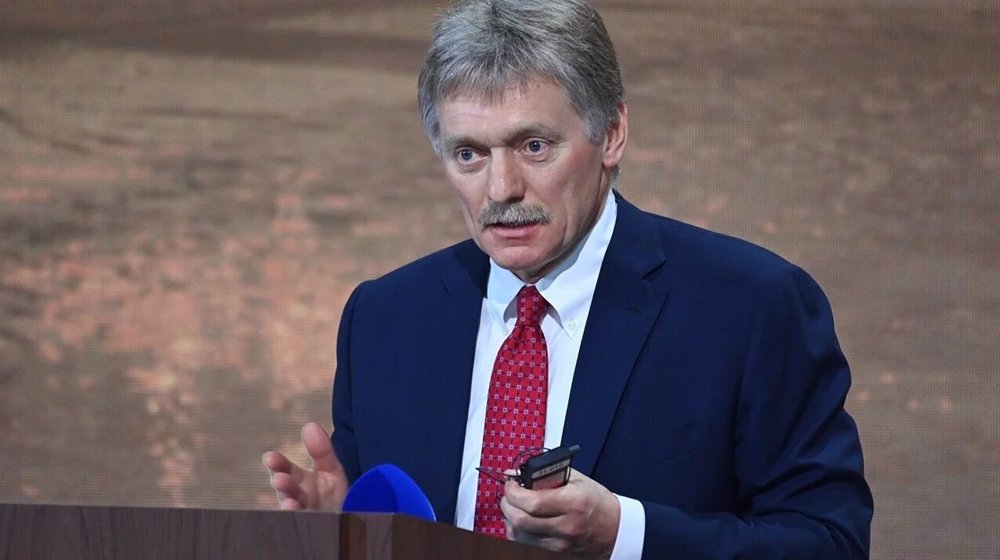
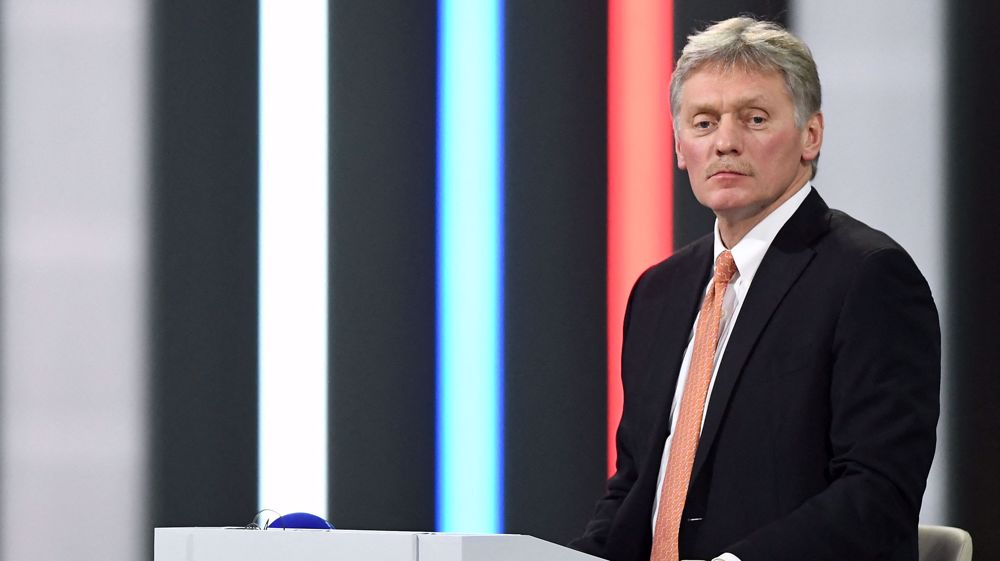
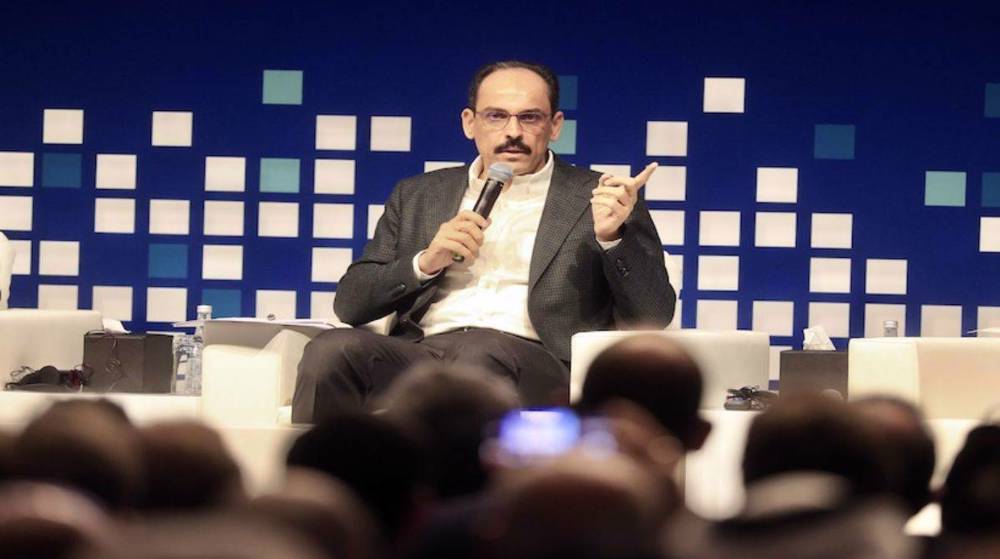
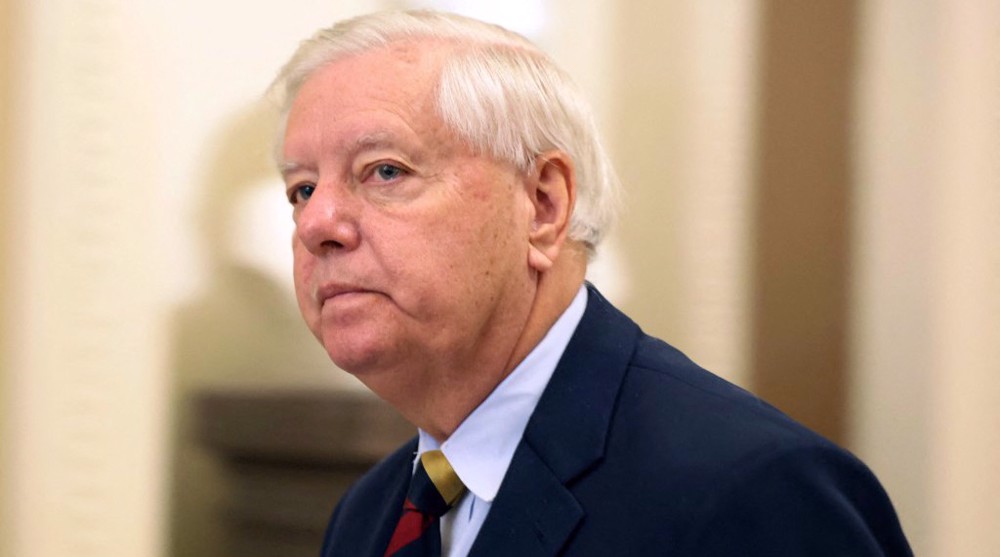
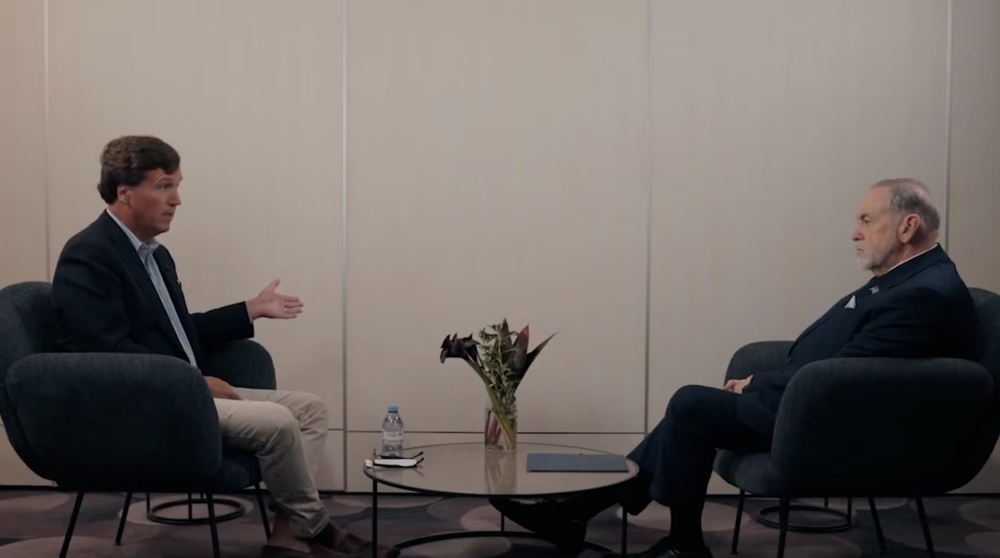




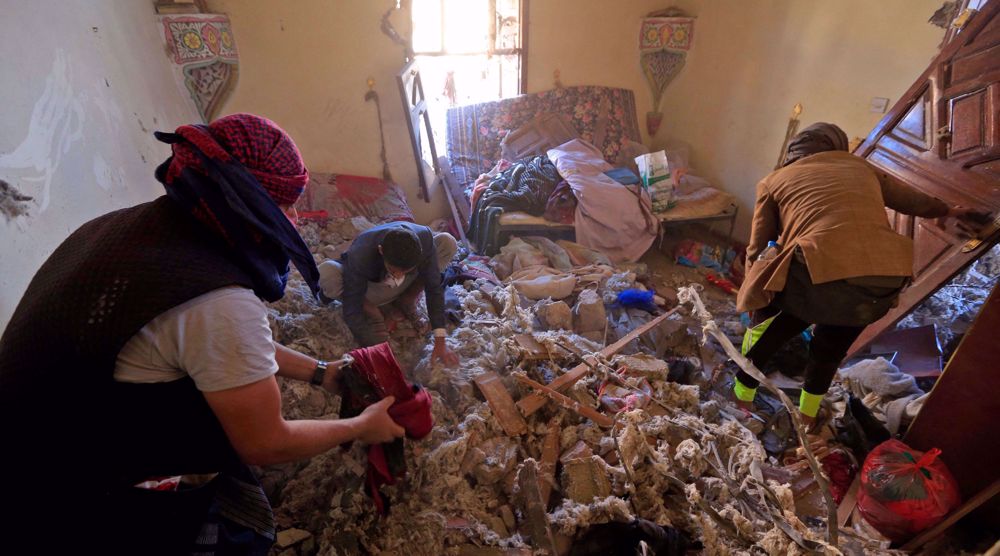
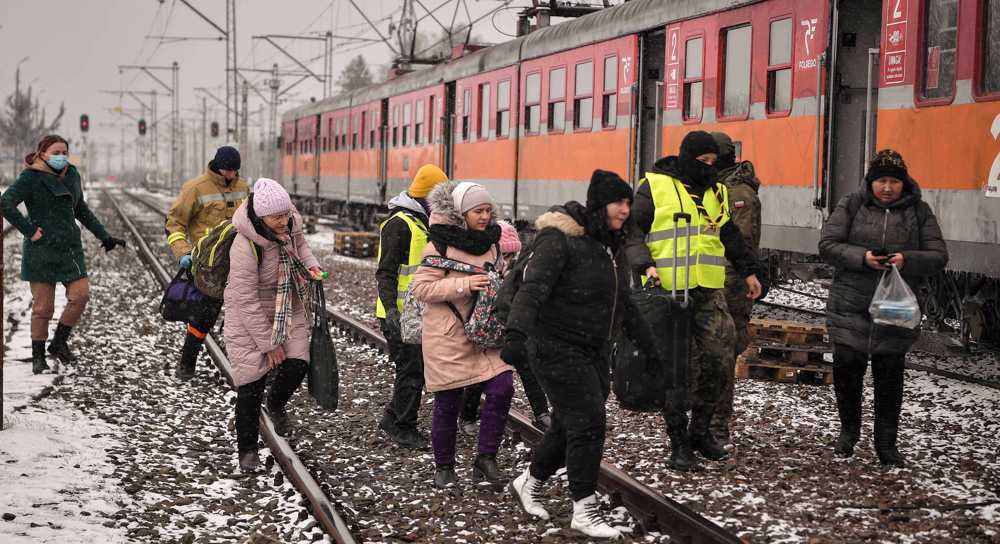

 This makes it easy to access the Press TV website
This makes it easy to access the Press TV website